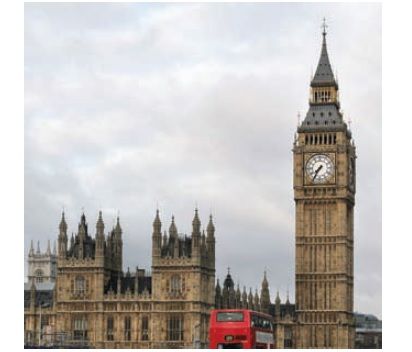
British business has broadly welcomed George Osborne's Budget plans announced yesterday.
Small and medium sized businesses seem to be the big winners, with business rates axed for something like 630,000 companies whose premises have a rateable value of £12,000 or less.
For larger businesses, the cut in corporation tax to 17% will be welcome, as part of changes the Chancellor said would help to "put rocket boosters on the backs of enterprise and productive investment".
However, there will be a crackdown on practices which reduce taxable profits, including offsetting debt interest against profits and using losses in one year to offset profits in another.
Also announced were new rules to tackle overseas retailers who store goods in Britain and sell them online without paying VAT, and new tax free allowances for "micro entrepreneurs" such as people who rent their homes or sell services through the internet.
On the effective removal of petroleum revenue tax, a measure aimed at helping the ailing North Sea oil industry, Sir Ian Wood of The Wood Foundation commented "We’re fighting a horrible oil price right now and it looks like the market will only recover slowly. So I think that this is a pretty reasonable response. Removing the petroleum revenue tax is a very significant tax reduction - it was far too high, so they’ve made a realistic reduction and that is pretty helpful.”
Welcome too was the decision not to increase fuel duty, though the increase in Insurance Premium Tax to help cover the cost of flood defences will mean that transport operators will face additional costs.
Lack of clarity on changes to pension laws was criticised, but housebuilders welcomed the increase in the Lifetime ISA limit, as this should encourage savings for deposits on homes.
Investment in HS3, the trans-Pennine tunnel and other infrastructure projects was seen as a major boost to the Northern economy, but there are fears that underlying problems in the economy including poor productivity could derail the Chancellor’s plans to eliminate the budget deficit. The Office for Budget Responsibility (OBR) expressed worries about the state of productivity growth, and the budget cut growth forecasts for the next five years, and announced £3.5bn in extra public spending cuts by 2020.
Opposition response to the budget was less positive, with the SNP's deputy leader Stewart Hosie criticising the overall Budget package, saying Mr Osborne had "failed to tackle the debt, the deficit and the borrowing as he promised" and urging him to abandon austerity and invest more in growth.
www.gov.uk/government/publications/budget-2016-documents



